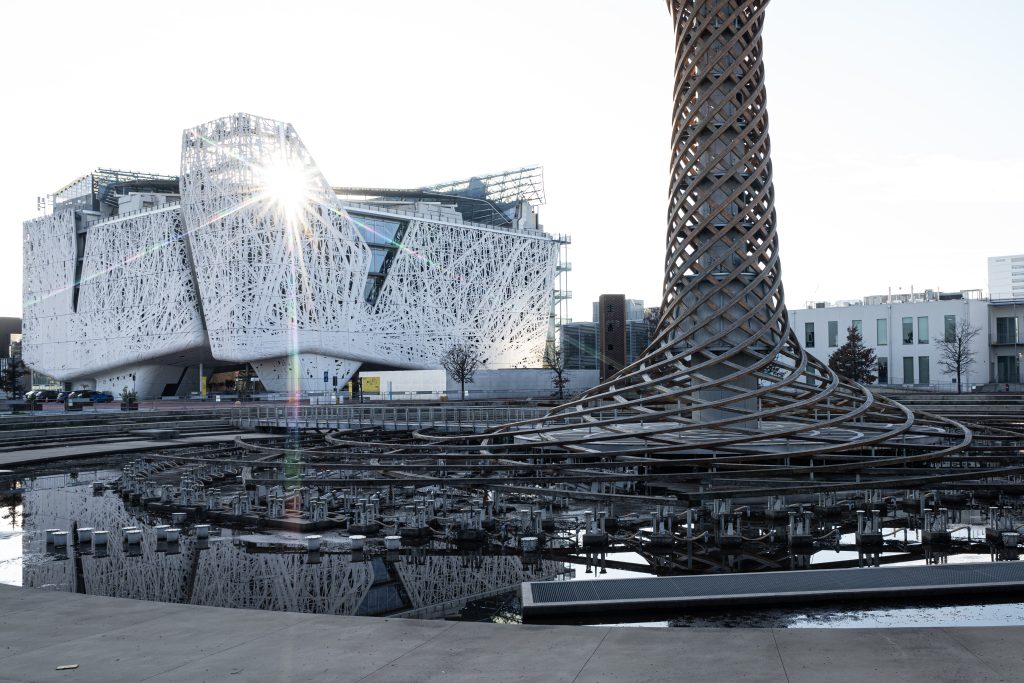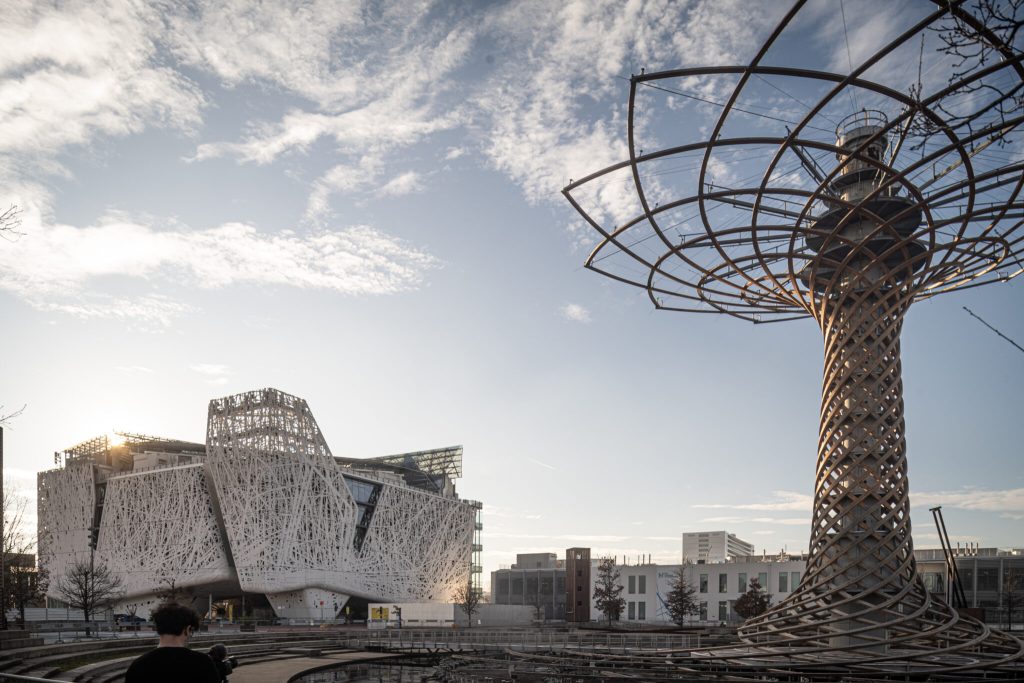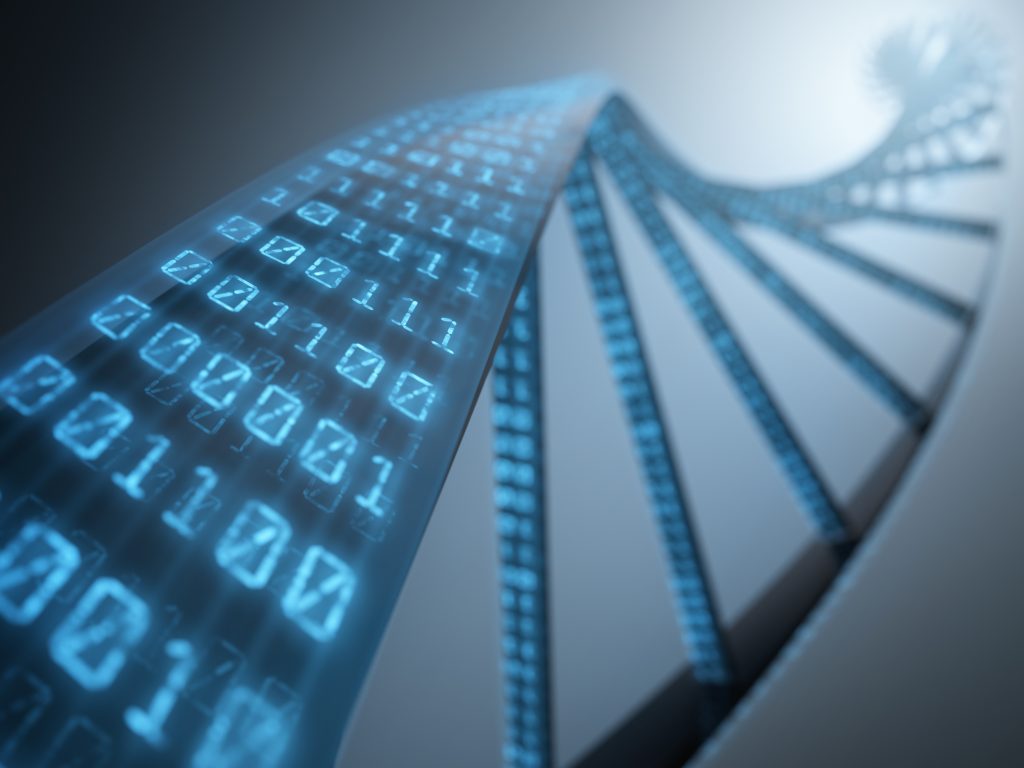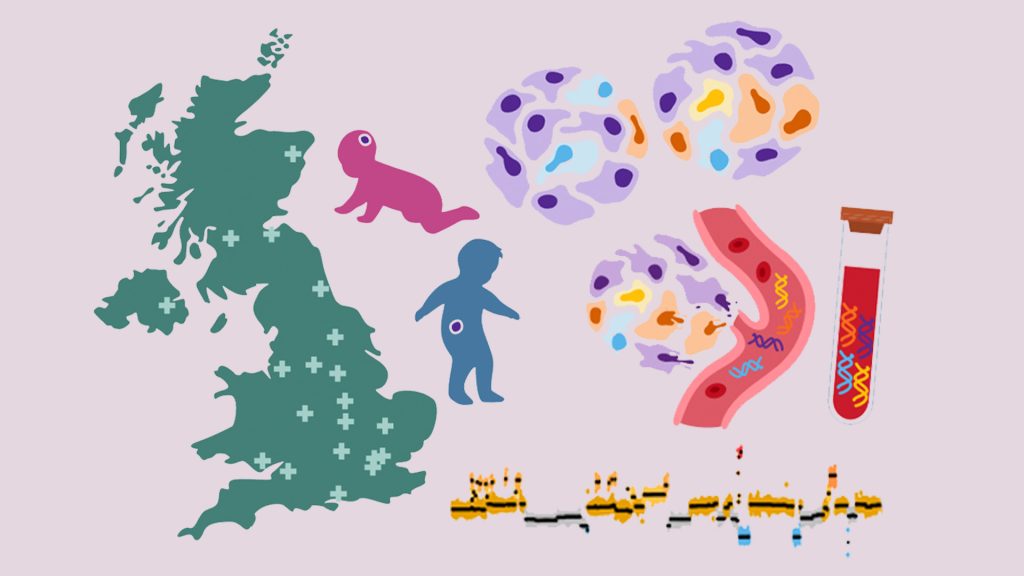HT Welcomes ISTA to Discuss New Frontiers in Life Sciences
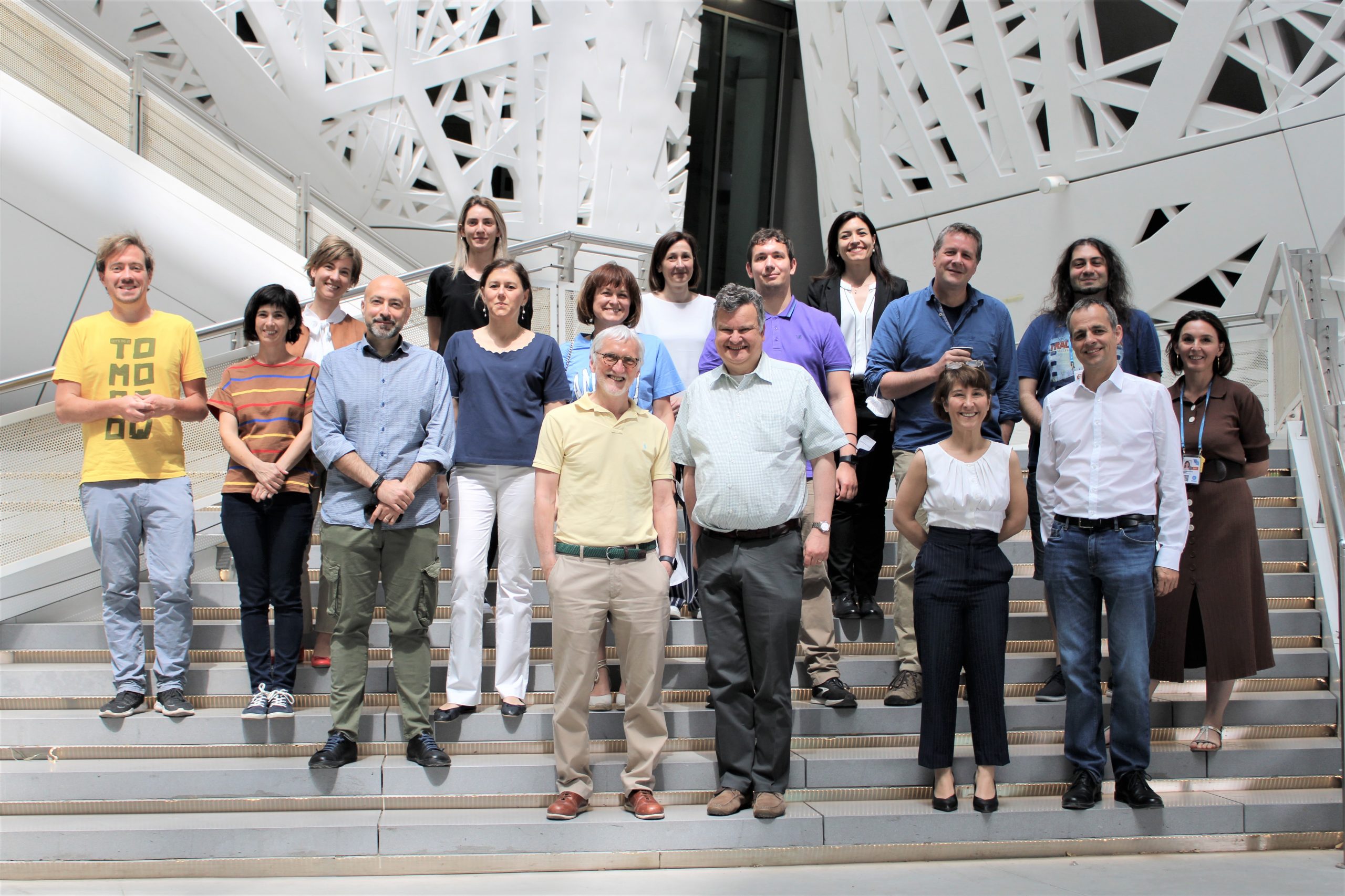
The leadership of the Institute of Science and Technology Austria-ISTA is visiting Human Technopole for a day of talks and seminars. Thanks to the use of organoids, Human Technopole’s Centre for Neurogenomics and ISTA have already collaborated on a study on autism spectrum disorder caused by mutations in the CHD8 gene, recently published in the prestigious journal ‘Cell Reports’.
Two of Europe’s leading research centres are meeting today to share their respective activities and expertise: Human Technopole is hosting a visit by the top management of the Institute of Science and Technology Austria-ISTA, an Austrian research institute active in training and cutting-edge research in various fields, including life sciences. During the day, the management and researchers of ISTA and Human Technopole will discuss some of the most topical scientific issues and exchange information on current studies and activities with a view to developing future collaborations.
After the welcome address by Human Technopole Director Iain Mattaj, the ISTA delegation consisting of President Tom Henzinger, Executive Vice President Michael Sixt and Director General Georg Schneider is scheduled to meet the heads of the Human Technopole research centres for a presentation of the Institute’s five research areas. Over the course of the day, in addition to seminars, opportunities for discussion and dialogue on specific topics, the delegation will tour Human Technopole’s laboratories and the spaces that today represent the beating heart of the Institute’s research activities, housing more than 100 researchers and support staff.
The two institutes have already had the opportunity to collaborate: Human Technopole’s Centre for Neurogenomics, led by Prof. Giuseppe Testa, worked with Gaia Novarino and her team at ISTA to develop a study on autism spectrum disorder caused by mutations in the CHD8 gene, which was recently published in the prestigious journal ‘Cell Reports’. In the study, which also involved the European Institute of Oncology-IEO, the University of Milan and the Allen Institute for Brain Science (USA), miniature organs that closely reproduce key aspects of the human brain – known as organoids – were used to observe brain development. This allowed to describe, for the first time, how mutation of the chromatin remodelling factor, the CHD8 gene, causes important alterations in the neurons that form during the development of the cerebral cortex.
Human Technopole Director Iain Mattaj comments: ‘The meeting with the Institute of Science and Technology Austria is an important opportunity to discuss possible collaborations and to exchange knowledge. From our very first days of activity, Human Technopole has been engaging in dialogue with universities, research hospitals and other Italian and international scientific organisations to explore synergies and promote joint collaborative initiatives. We consider it important to root ourselves in the network of the most important European and global research institutes and to open our doors to scientists from all over the world. Today, 60% of our research staff comes from abroad with scientists of more than 20 different nationalities and an average age of 35 years old”.
